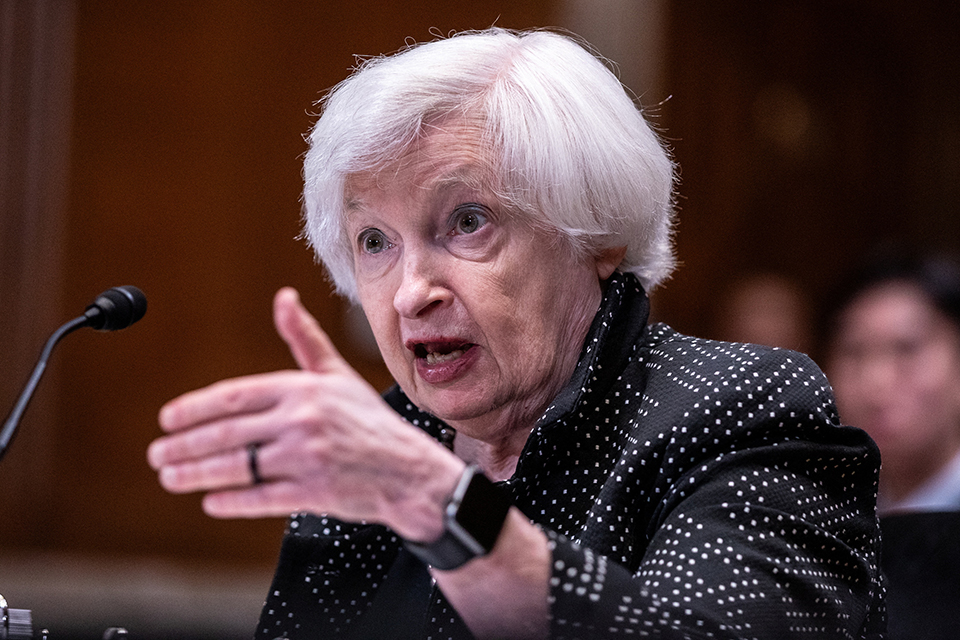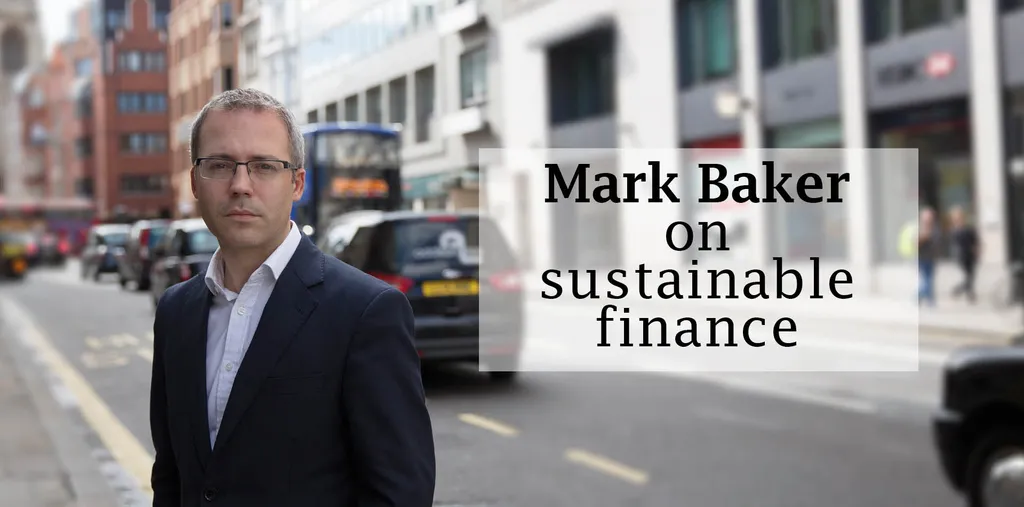The US has bitten the voluntary carbon market (VCM) bullet. Last week, US Treasury Secretary Janet Yellen announced a set of principles that the administration of president Joe Biden would like to see adopted by participants in VCMs – both when buying the credits that the market deals in and when certifying the integrity of those credits.
On the face of it, this is an important step. Despite – or perhaps because of – the numerous controversies involving VCMs in recent years, and in a move that flies in the face of increasingly aggressive pushback in some areas of the US economy against institutional efforts to tackle the causes of climate change, the government is wading into what is a murky topic.
That VCMs could do with cleaning up their act is beyond question. For far too long companies in all sorts of sectors have assuaged their own guilt by buying up meaningless credits and touting them to their customers as a way to convince themselves that the climate effects of their activities can be wiped away at the click of a button.
At the same time, the fine work of investigative journalists across the world has helped to highlight the question of whether carbon credits do what they say.
Yellen sensibly acknowledges all this. It is why she was at pains to stress – as many others already have – that the primary responsibility of economic actors is to reduce their direct carbon impact as far as possible, not to see credits as some box-ticking exercise that relieves them of that need.
Hypotheticals
That demand is a pragmatic recognition of the fact that even the most perfectly functioning carbon market would be flawed for the simple reason that a large part of it will always be based on hypotheticals.
Take the oft-cited example of the many cleaner cooking stove projects – cookstove credits – that claim to reduce the emissions caused by traditional cooking equipment in poor countries. A paper published in January by researchers at the University of California Berkeley found that cookstove credits were of little value at all.

Clicking the carbon offset button next to your airline booking assures you that you have helped to supply one such stove, but who knows if it will ever be used, how often, or for how long? And even if it is used, where will it end up when the original recipient is long gone?
What about the forest you are told that you have protected: was it ever at risk of being cut down? And if newly planted, how soon before its carbon absorption efficacy begins to fade? New Zealand, which has for several years pursued an aggressive reforestation programme of millions of trees, is right now going through something of a reckoning of the impact of that initiative on the balance of land use in society – and having to ask awkward questions about its effectiveness.
Yes, forests store a lot of carbon, and so it is certainly best not to cut them down, but the rate at which they absorb it slows as they mature. There are only so many forests you can plant to capture that maximum absorption rate when trees are still young and growing fast. Sticking more and more trees in the ground is not – pardon the pun – a sustainable answer.
Humans must deal with the world as it is now. Yellen’s statement cannot fix all the issues with VCMs overnight
Avoiding one tonne of carbon from being hypothetically emitted is obviously not comparable with avoiding one that you know for certain would have been emitted. The problem is being able to judge between the two.
There is no quick and easy way to verify the claims of projects when it comes to this distinction, for all the efforts of the carbon-credit registries that are attempting to do exactly that – the likes of Verra, The Gold Standard and the American Carbon Registry (ACR), as well as a whole host of other specialist registries and rating agencies.
Far better still is to remove a tonne of carbon that has already been emitted. The stated goal of many carbon-trading efforts is to help drive finance towards projects that have exactly that aim in mind, via capture and storage technologies or other mitigation efforts.
Much of that work, of course, is still to come. For the moment, humans must deal with the world as it is now. Yellen’s statement cannot fix all the issues with VCMs overnight. What it can do, however, is help to ensure that the challenges that undoubtedly exist with VCMs are not allowed to overshadow the entire concept, making perfect the enemy of the good.
Do better
There are plenty of campaigners who will never accept the proposition of a carbon-credit market at all. But the purity of an approach that is incapable of distinguishing between degrees of imperfection is a luxury that the rest of the world cannot afford and must not allow itself to be seduced by.
“We know this market can do better,” said Yellen last week.
Getting VCMs right, as many of those who are closely involved with climate-finance efforts would correctly argue, is critical if the world is to reach any of its interim targets, even if those targets are merely stop-gaps while permanent carbon countermeasures and adaptations are developed.
In an op-ed published by the Milken Institute in 2022, Karen Fang, global head of sustainable finance at Bank of America, described VCMs as an “important, yet underutilized, arrow in our quiver”, even while she stressed the need for their practices to be improved and for companies to understand the limits of their use. She was right.
We have been here before, of course. Bodies like the Integrity Council for the Voluntary Carbon Market (ICVCM) and the Voluntary Carbon Markets Integrity Initiative (VCMI) already have the laudable aim of trying to improve the methodologies and practices that underpin VCMs. The ICVCM’s Core Carbon Principles (CCPs) and the VCMI’s Claims Code of Practice were important contributions to the growing body of thinking around the topic.
Now we have more principles from the US, and while they matter because of the signal they send, they are not the end game. It makes obvious sense to improve VCMs to the extent that is possible, and any efforts to increase transparency and scrutiny are to be applauded.
But policymakers must be alert to the danger that these and all the other principles washing around the market can be manipulated into serving the purposes of those who have little inclination to do anything other than pay lip service to the cause. At some point the balance must shift towards stronger regulation.
The world isn’t going to run out of guidelines. It is going to run out of time.




